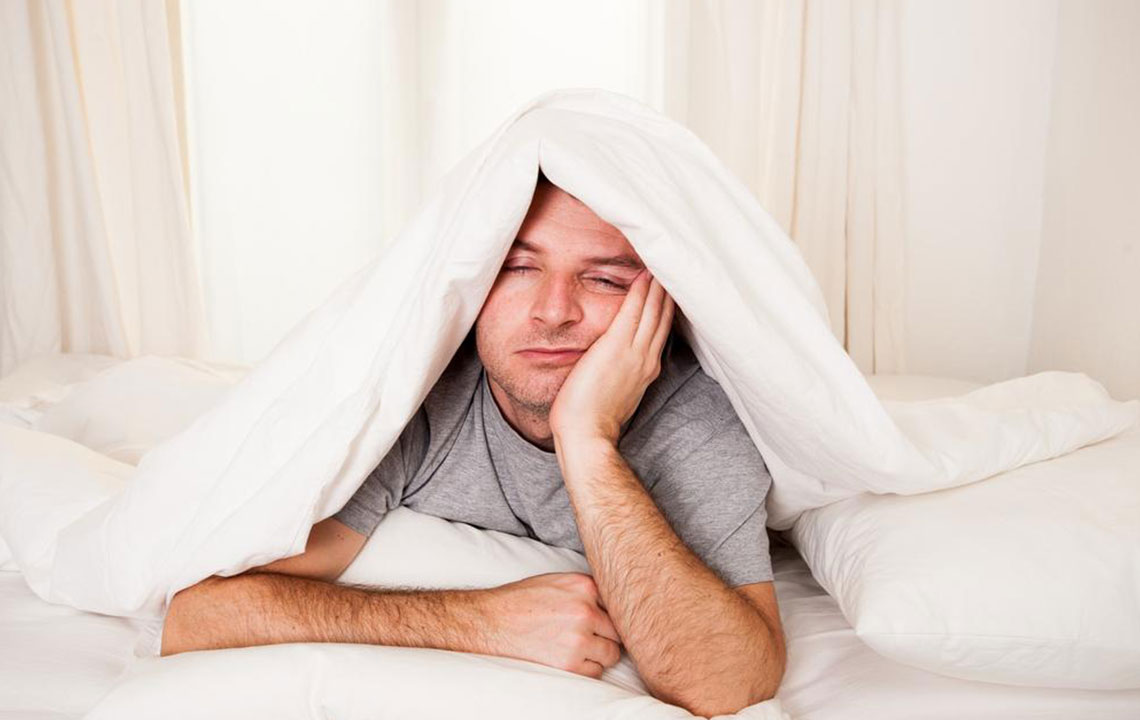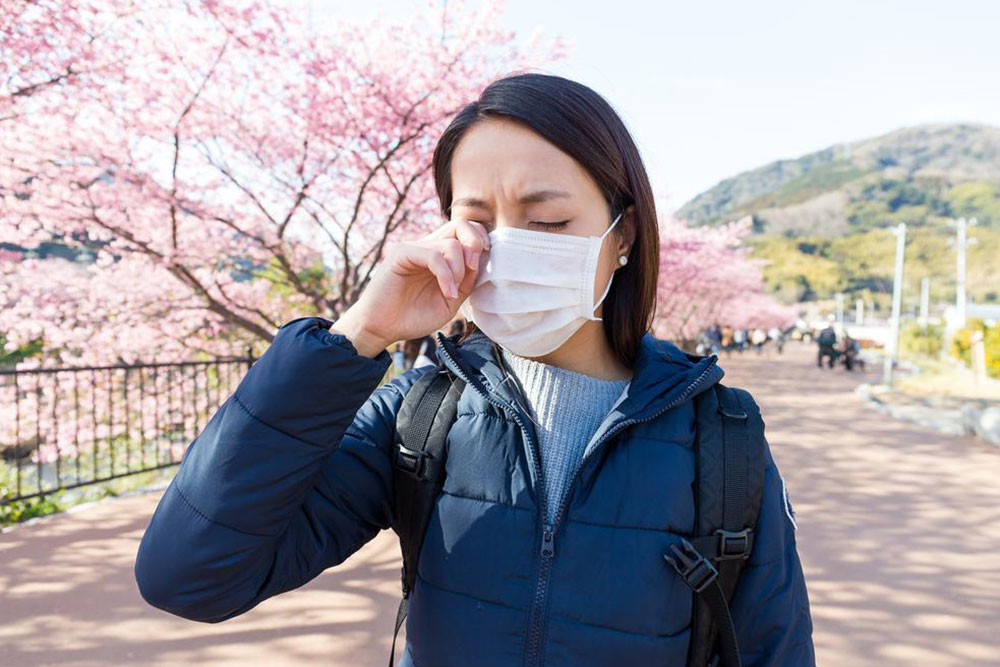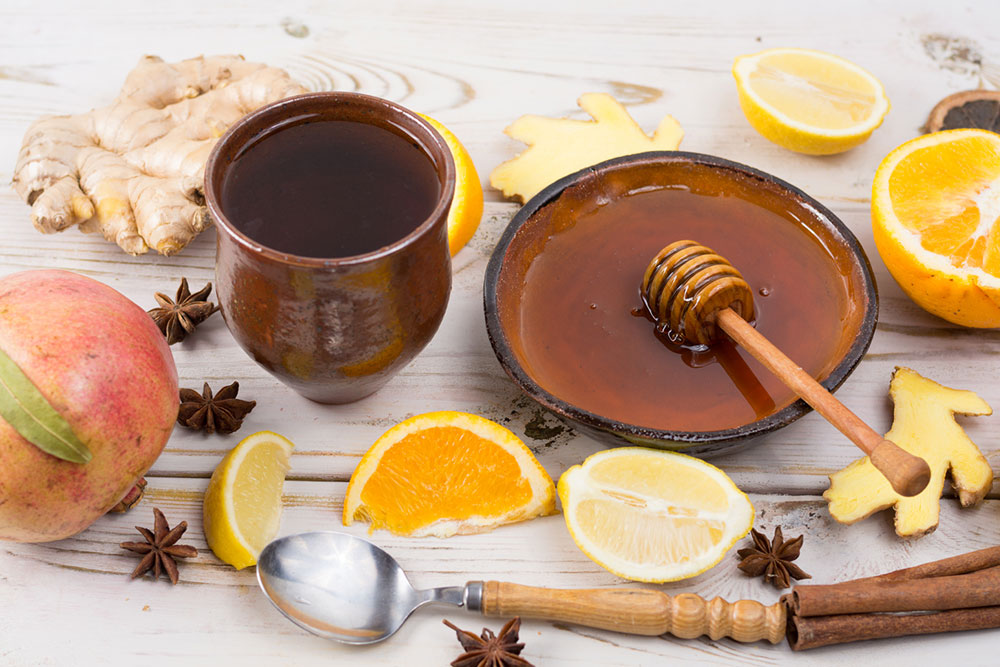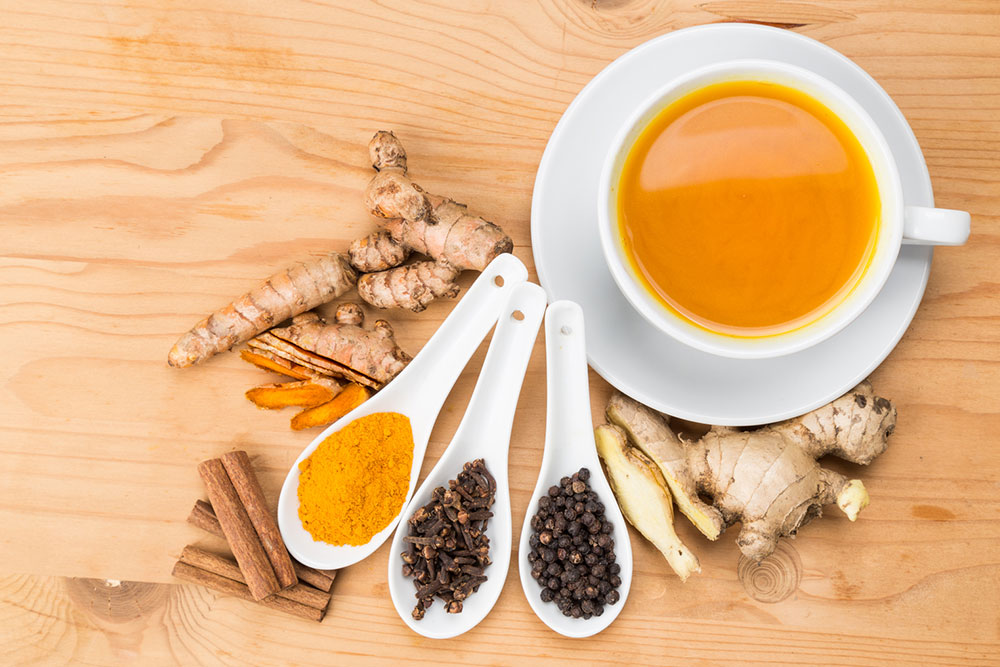Natural Solutions for Better Sleep Quality
Discover natural solutions to enhance your sleep quality, including melatonin, valerian root, magnesium, and herbal remedies like chamomile and lavender. Learn how these aids can promote better rest and support overall health, avoiding common sleep problems and fatigue.
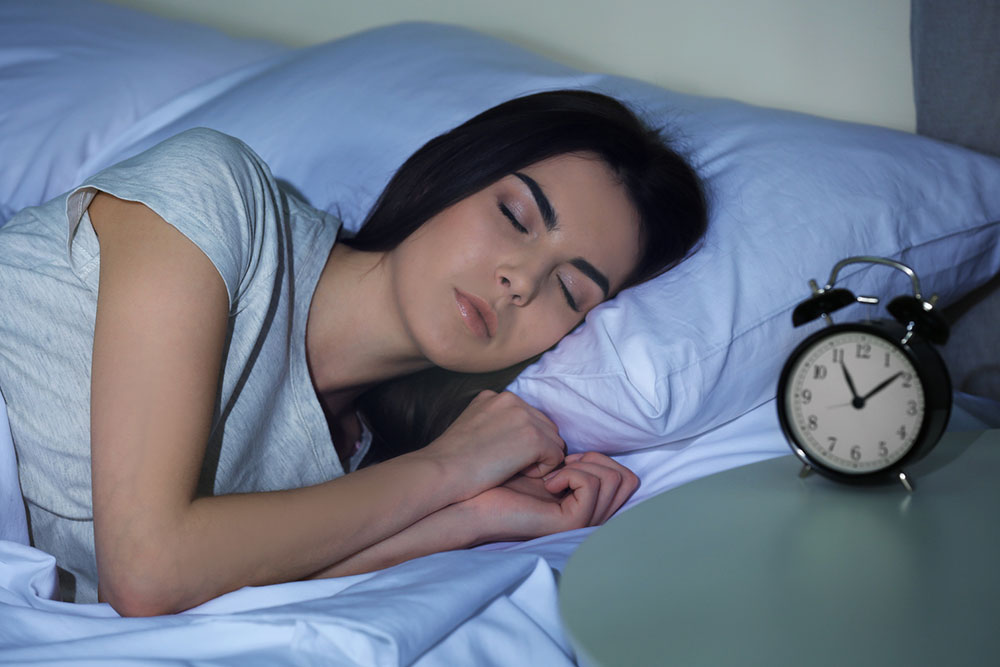
Natural Solutions for Better Sleep Quality
Research from Johns Hopkins University indicates that over 60 million individuals in the country suffer from inadequate sleep, with more than 40 million experiencing sleep disorder symptoms. Sleep deprivation can disrupt daily activities and impact overall health. Exploring natural sleep aids can significantly improve sleep quality and promote healthier routines.
Why is good sleep essential?
Most adults need 7 to 8.5 hours of sleep nightly, though individual needs vary. Our internal circadian clock governs sleep cycles, signaling when to rest and wake. Disrupting this rhythm can lead to sleep deprivation, which harms physical and emotional health, impairs focus and memory, and increases risks for depression, cardiovascular issues, diabetes, and hypertension.
Maintaining optimal sleep patterns is vital, and natural remedies can assist in achieving restorative sleep.
Top Natural Sleep Aids
Melatonin
Produced by the brain, melatonin regulates the sleep-wake cycle. Studies show it enhances sleep duration and quality and alleviates jet lag symptoms. Since supplements are regulated, consulting a healthcare professional is recommended before use.
Valerian Root
A popular herbal remedy for insomnia and anxiety, valerian root doesn't cause morning grogginess like some medications. While results may vary, consistent use over weeks can improve sleep quality. Caution advised when combining with sedatives or alcohol due to potential side effects like headaches.
Magnesium
This vital mineral supports brain and heart health, calming the nervous system. It influences melatonin levels, aiding in sleep regulation and promoting relaxation.
Glycine
An amino acid that helps regulate nerves, glycine may lower body temperature, signaling it’s time to sleep. It can help individuals fall asleep faster and enjoy deeper rest. Foods rich in glycine include meat, eggs, bone broth, beans, spinach, and kale.
Tryptophan
Another amino acid essential for serotonin production, tryptophan influences mood and sleep. Consuming tryptophan-rich foods like warm milk before bed may induce relaxation, though supplement safety continues to be studied due to past concerns.
Herbal Remedies for Sleep
Chamomile
A traditional calming herbal tea, chamomile features anti-inflammatory and antibacterial properties, promoting relaxation and sleep. While generally safe, scientific evidence specific to insomnia is limited.
Lavender
The aroma of lavender is widely used in aromatherapy to improve sleep, especially among women and young adults. It’s considered a gentle and safe sleep aid.
Kava
Historically used for relaxation, kava may reduce stress. However, reports of severe liver issues have led to restrictions, making it risky for consumption.
Important Notice:
The information shared on our platform covers multiple categories to offer practical insights. Users are encouraged to consider this as general guidance and consult healthcare professionals for personalized advice. We are not responsible for potential discrepancies or inaccuracies in external data. Additionally, some deals or schemes may not be included here that could be more beneficial for individual needs.

